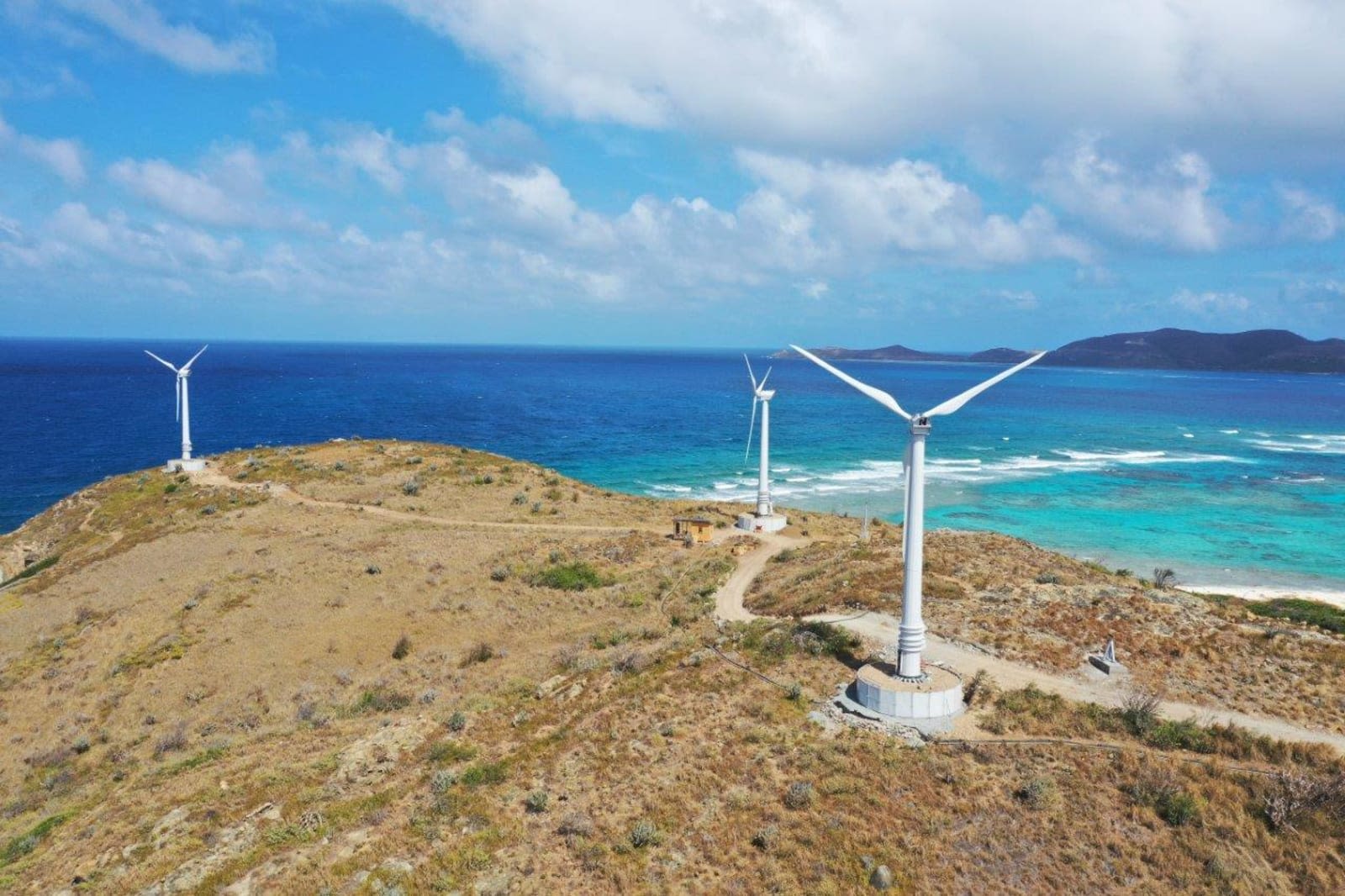The clean energy economy is ready to be scaled
The Rocky Mountain Institute (RMI) believe that if every nation followed the energy development path taken by the US, the Earth’s climate would heat beyond all saving.
To save our planet from coal, oil, and gas emissions – while powering human development – people around the world must leapfrog straight to the clean energy revolution. Helping to facilitate this clean energy revolution is what RMI is all about.
Since the climate crisis is a global problem, RMI work with top government officials, the private sector and in-country partners all over the globe to accelerate the transition of economies to local, renewable energy – creating a blueprint for other global economies.
In a recent discussion about scaling the green energy economy RMI chief scientist and cofounder, Amory Lovins, along with climate experts, Jeff Tannenbaum and Roy Torbert, explained just how big this opportunity is.
Amory shares how he and the RMI team are creating low-carbon, prosperous economies. RMI work largely with the private sector, using a model centred around developing pilot programmes, scaling them, securing partners and then spreading the work as far as possible. According to Amory the key principles in play are, “Practice, not theory. Solutions, not problems. Transformation, not incrementalism.”
The discussion covers the various ways that RMI projects are speaking to the need for global programmes to scale partnerships that transcend borders – highlighting how this interdisciplinary thinking is helping to find great, scalable ideas, along with the partners needed to make them a reality.
In December 2014, Carbon War Room (which was co-founded in 2009 by Richard Branson and a team of like-minded entrepreneurs wanting to speed up the adoption of market-based solutions to climate change) merged with the Rocky Mountain Institute – a US-based NGO, dedicated to transforming global energy use to create a clean, prosperous, and secure low-carbon future. Together, they work across all energy sectors to accelerate the energy transition and reduce carbon emissions.


